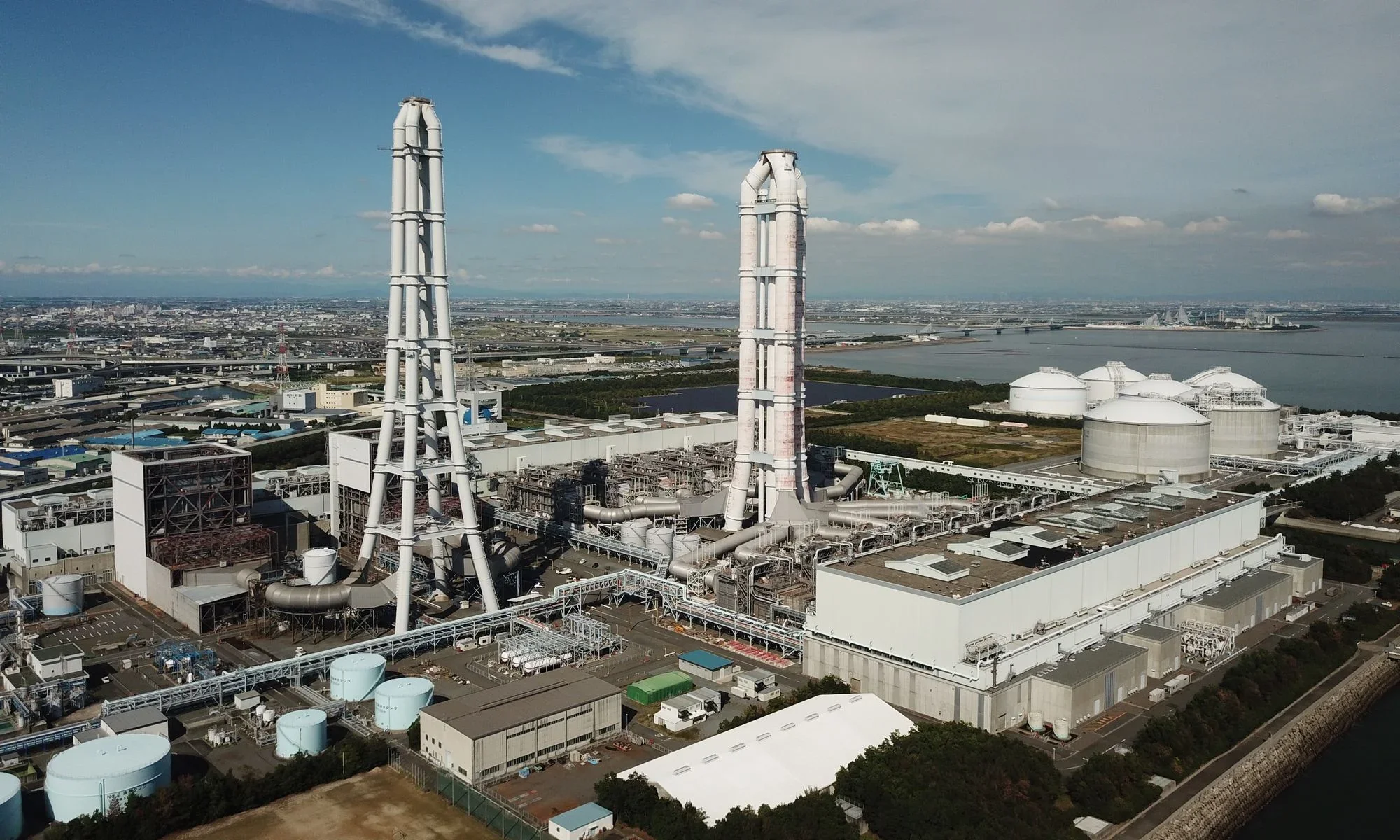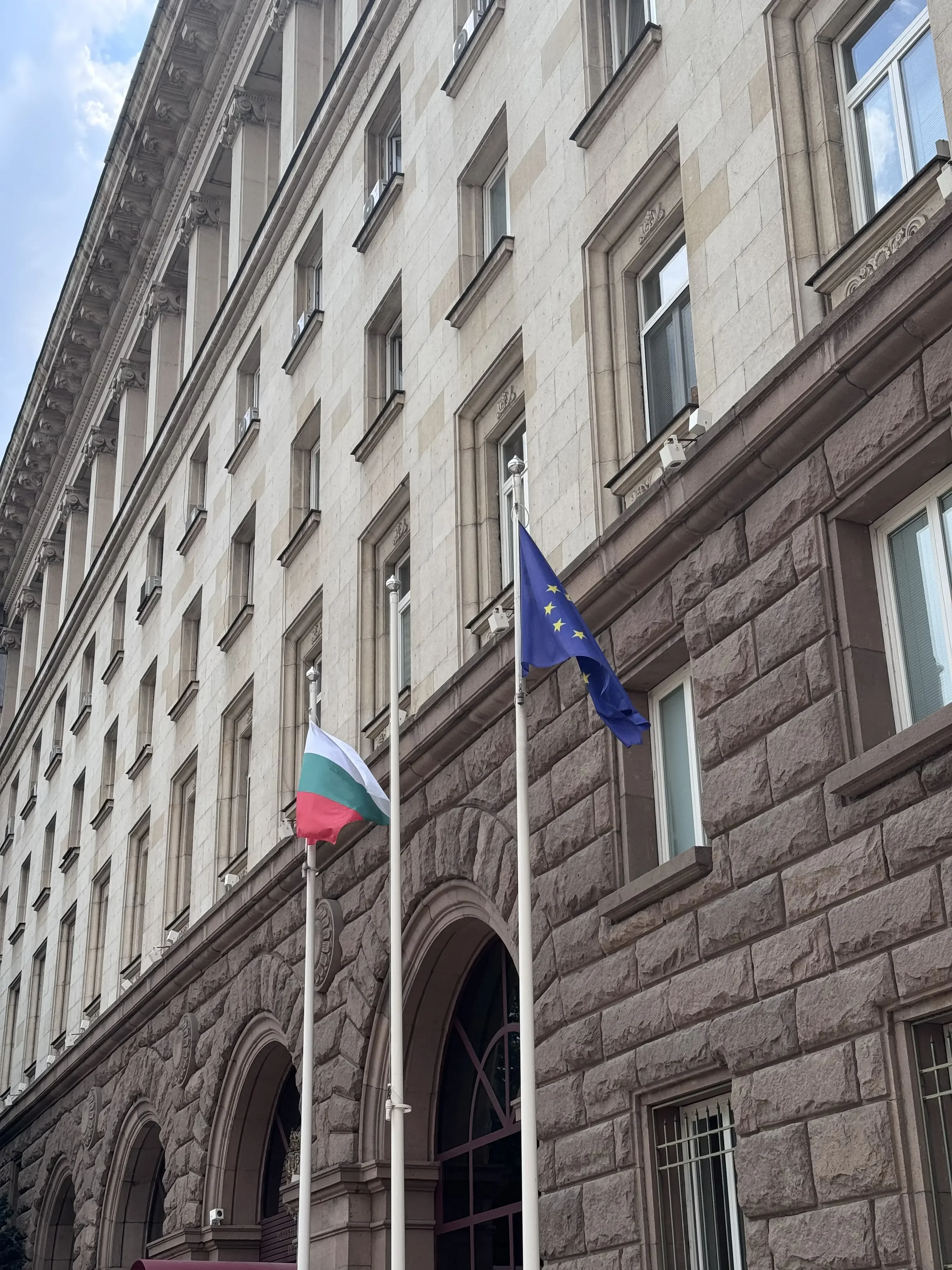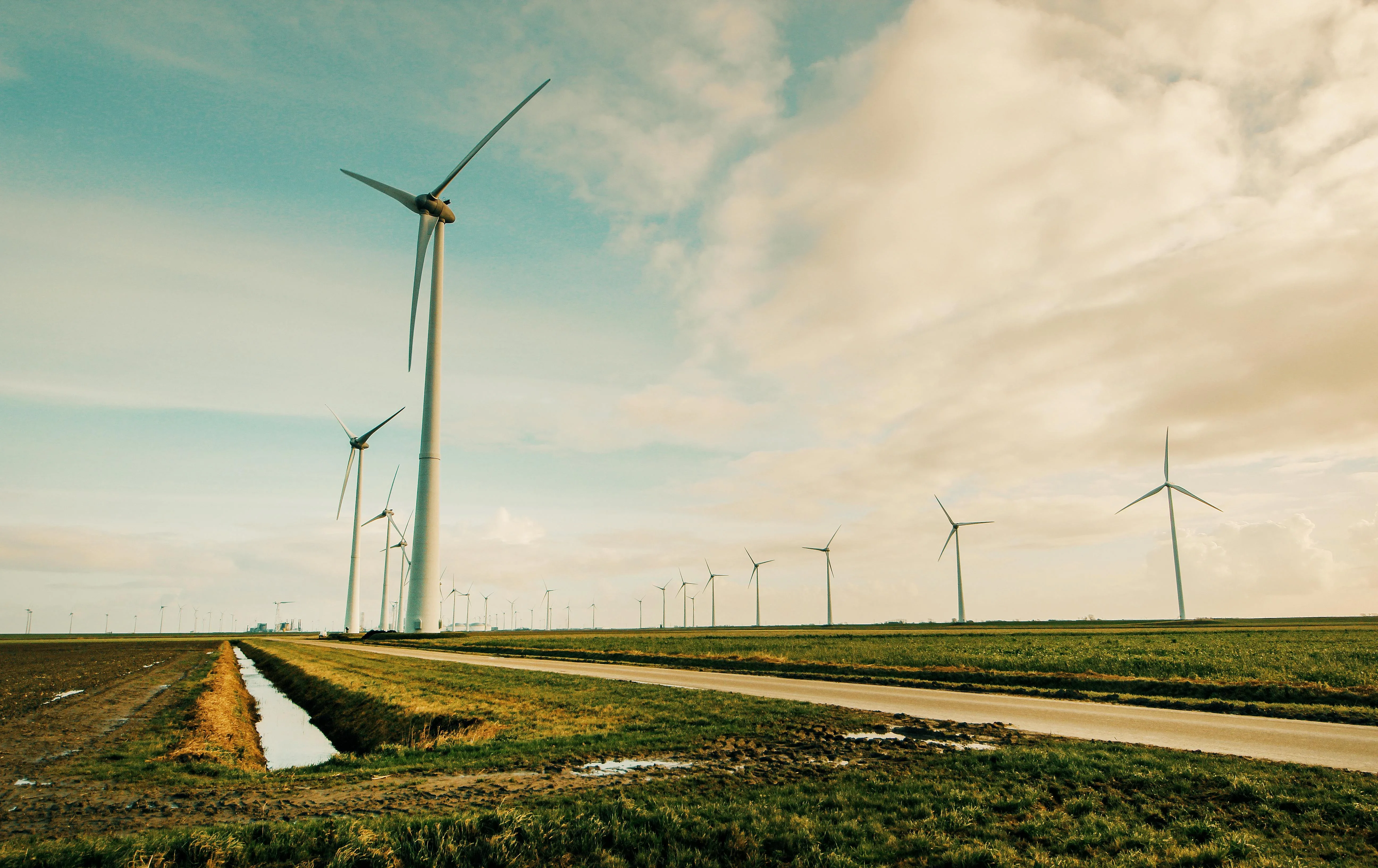Green Energy or Green Dependence?
Over the past three years, Bulgaria has witnessed a surge in renewable energy investments. Dozens of foreign companies — from Germany, Austria, France, and the UAE — have announced large-scale wind and solar projects. Is this the beginning of a genuine green revolution, or just another wave of corporate expansion?
Who Are the New Players?
Some of the key foreign investors include:
- VERBUND (Austria) – a €200 million solar project near Yambol
- TotalEnergies (France) – targeting wind energy projects in Northern Bulgaria
- ACWA Power (Saudi Arabia) – exploring hybrid green energy developments
Local entrepreneurs and firms often act as subcontractors or facilitators, raising the question: who really owns Bulgaria’s green future?
Benefits: Investments, Jobs, and EU Alignment
These initiatives undoubtedly bring several advantages:
- Increased production of clean energy and reduced carbon emissions
- Job creation in underdeveloped regions
- Progress toward EU climate and recovery goals
Grid infrastructure is expanding, and part of the revenue returns to the state via taxes and concession fees.
Risks: External Control and Strategic Vulnerabilities
Behind the green transition lies a risk of:
- Over-dependence on foreign firms and technology
- Loss of national control over critical infrastructure
- Capital outflow instead of reinvestment
Some contracts involve long-term fixed purchase prices, which may prove unfavorable for Bulgaria’s energy market as conditions change.
Institutional Reactions
The Ministry of Energy welcomes foreign investors, but more experts are calling for stricter regulation. Parliament is debating energy law amendments that would introduce local participation quotas and technology requirements.
Winners and Losers
Multinational energy giants benefit from Bulgaria’s liberal energy policies and low land and labor costs. Local communities often gain temporary employment but lack long-term security.
A Balanced Approach?
Experts from the Energy Studies Institute suggest:
- Establishing a national green development bank to co-fund local-led projects
- Involving universities in R&D and green innovation
- Requiring domestic partnerships in large-scale energy ventures
This could ensure that the green transition is both environmentally and economically sustainable.
Conclusion
Bulgaria stands at a crossroads. The country can lead Europe’s green transition — but only by protecting its energy sovereignty while staying open to innovation and investment.
You may also like
 Ministry Allocates Over €40 Million for Energy Efficiency of Bulgarian Firms
Ministry Allocates Over €40 Million for Energy Efficiency of Bulgarian Firms Bulgaria can become a leader in the automotive industry, said Rosen Zhelyazkov
Bulgaria can become a leader in the automotive industry, said Rosen Zhelyazkov Industrial zones and logistics: can concrete beat the demographic decline in Bulgaria?
Industrial zones and logistics: can concrete beat the demographic decline in Bulgaria? OECD for Bulgaria: Fiscal Consolidation, Reforms, and Growth
OECD for Bulgaria: Fiscal Consolidation, Reforms, and Growth
Disclaimer:
This article is an analytical review by the BurgasMedia editorial board and reflects the opinion of an expert group based on current political, economic, and social developments.
The conclusions presented are not predictions or factual statements, but a hypothetical interpretation of possible scenarios.
The publication is not responsible for any discrepancies with future developments and encourages readers to form independent judgments based on verified sources.



Коментари (0)
Все още няма коментари.